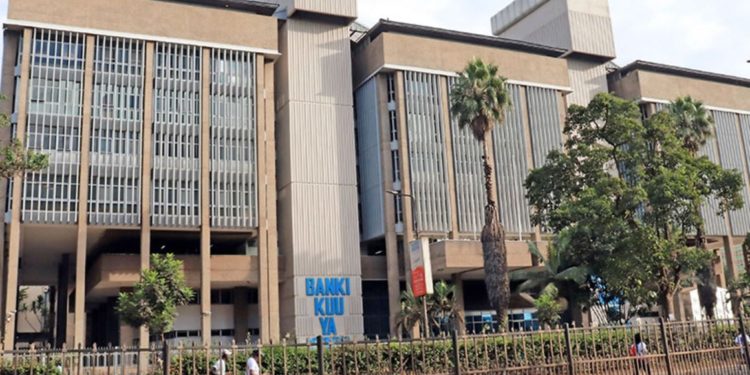In 2023, twelve banks violated the Central Bank of Kenya (CBK) guidelines and the Banking Act, primarily breaching core capital regulations among other industry standards essential for smooth operation.
However, this marked a slight improvement compared to 2022, with one less institution in violation. According to the CBK’s 2023 annual bank supervision report, most infractions were related to exceeding the maximum lending limits to a single borrower, driven by the depreciation of the Kenyan Shilling against the US Dollar.
As of December 31, 2023, the specific non-compliance incidents included insider lending, engaging in prohibited business, violating capital adequacy requirements, corporate governance lapses, liquidity management issues, and breaches of the single obligor limit.
Two commercial banks failed to maintain the minimum required core capital of KES 1.0 billion. This disclosure comes as the government proposes to increase the minimum core capital to KES 10.0 billion. In presenting the 2024/25 budget, former CS National Treasury and Planning Njuguna Sospeter Ndung’u stated that the increase aims to strengthen banks and enhance their capacity to finance large-scale projects.
“This is intended to strengthen the resilience and increase the bank’s capacity to finance large-scale projects while creating sufficient capital buffers to absorb and withstand shocks posed by the continuous emerging risks associated with the adoption of technology and innovations as institutions expand,” Ndung’u explained.
In 2023, the CBK identified four commercial banks that violated capital adequacy laws and guidelines by failing to meet statutory requirements concerning the total capital to total risk-weighted assets ratio of 14.5%, core capital to total risk-weighted assets ratio of 10.5%, and core capital to total deposit ratio of 8.0%.
Three commercial banks breached guidelines on prohibited business by investing more than 20.0% of their core capital in land and buildings. Five banks violated guidelines that restrict aggregate credit facilities to all large exposures to no more than five times the institution’s core capital.
On corporate governance, one commercial bank failed to meet the requirement of having at least five directors, with three-fifths being non-executive directors. Additionally, one bank violated the Banking Act by allowing an individual to own more than 25.0% of the institution.
“Nine commercial banks breached the single obligor limit of 25.0% of core capital, while three banks exceeded the single insider borrower limit of 20.0% of core capital. Two banks also breached the total insider borrower limit of 100% of core capital,” the CBK reported


















